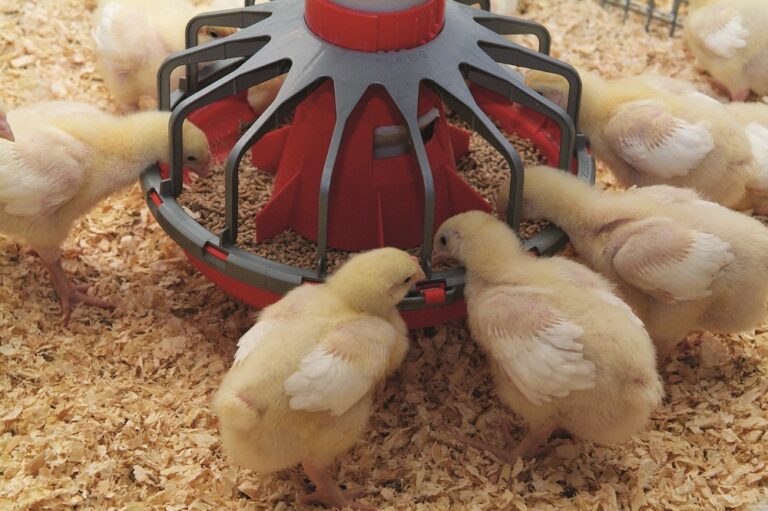Aviagen has outlined how advances in breeding have made broiler production far more carbon efficient, reducing the environmental impact of the poultry industry. It will take its message of breeding sustainability to this year’s IPPE, taking place in Atlanta this week.
The food industry currently contributes close to 25% of the world’s annual GHG emissions, and of this amount, poultry meat is responsible for about 6%. Advances in breeding mean feed conversion ratio (FCR) is improving by 1.5-2.0 points per year.
As a result of FCR improvements, the modern broiler generates 50% less carbon footprint than the bird in 1970, and fast forwarding to 2030, the bird of the future will create a 15% lower carbon footprint than the bird of today.
In 2020, 133.3 million metric tonnes of poultry meat were produced globally, at a carbon cost of 6 kilograms CO2 for every kilogram of meat. That translates to 800 million tonnes of CO2.
“As a poultry breeder, we are at the beginning of the food production chain, and we take our responsibility of contributing to the sustainability of the entire industry seriously. We have worked for years to breed efficiencies that make poultry production more sustainable, while at the same time advancing bird health, welfare and performance. Because we care about the planet, our customers and the communities they serve, we are committed to continually breeding for sustainability for decades to come,” said Aviagen’s Director of Global Genetics Dr Santiago Avendaño.


